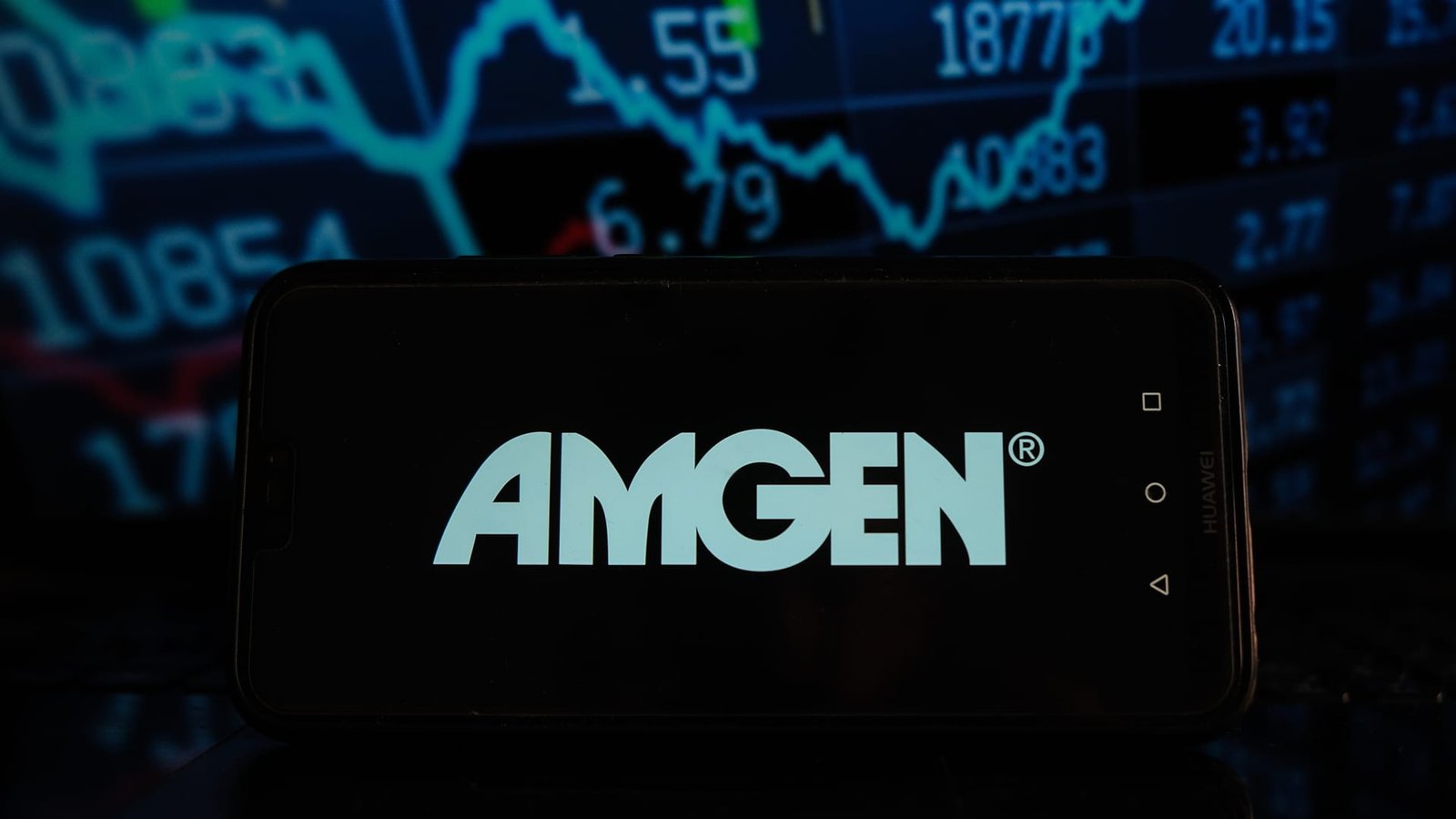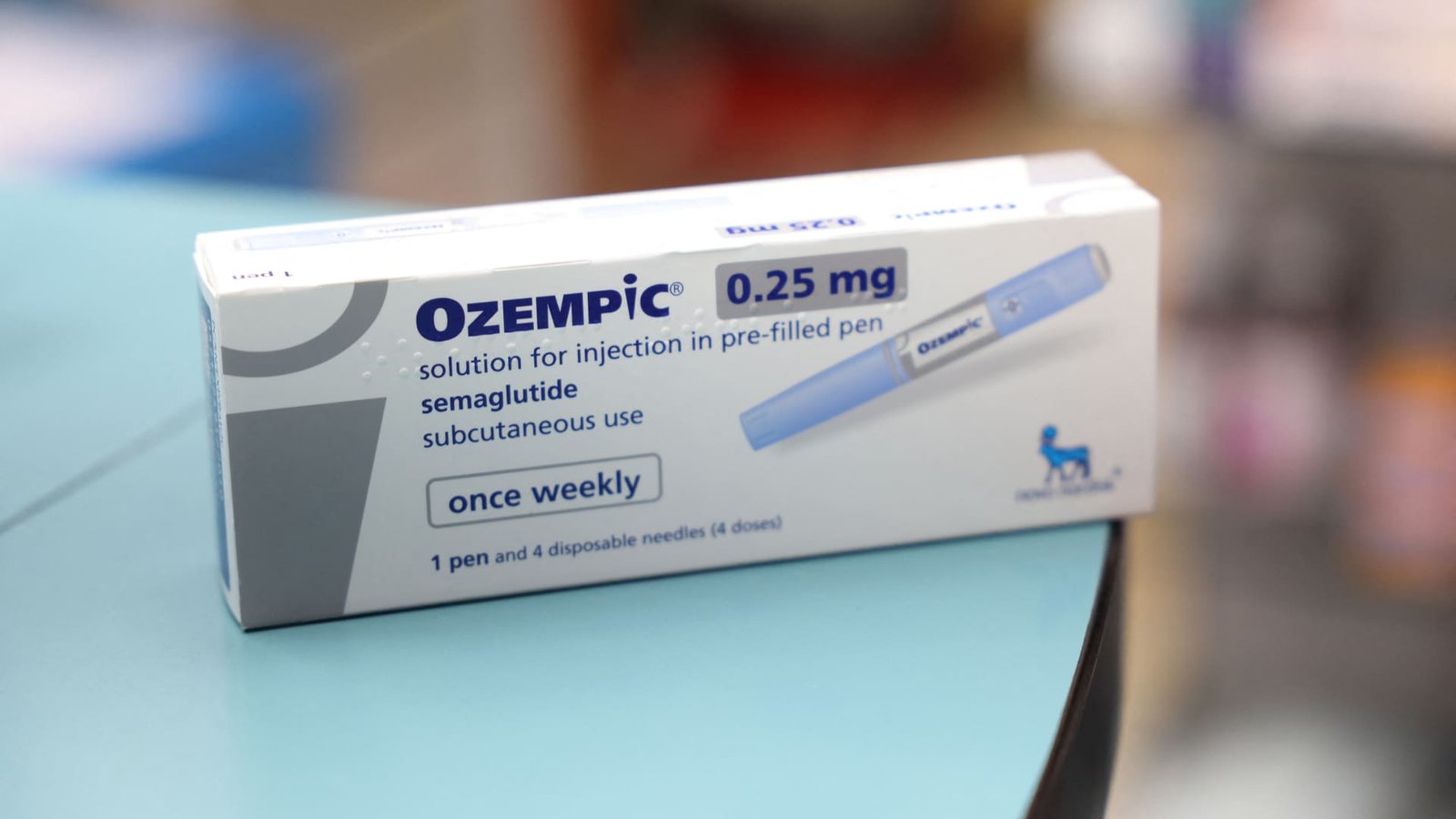Amgen stated on Wednesday that its experimental weight loss drug, MariTide, is not linked to changes in bone density. This clarification came after concerns about bone density led to a significant drop of over $12 billion in the company’s market value.
Following the release of data from an early-stage trial indicating potential bone density loss, Amgen’s shares fell by more than 7% on Tuesday. While some analysts raised safety concerns related to the drug, others viewed the market reaction as an overreaction, emphasizing the need for more data from a larger patient group.
In a statement, Amgen affirmed that the Phase 1 study results do not indicate any bone safety issues and reiterated its confidence in MariTide’s potential. The company expressed eagerness to share initial phase two trial results later in the year, leading to a more than 1% increase in its stock value on Wednesday.
MariTide is positioned as a competitive weight loss drug in the market, offering a monthly dosing schedule compared to weekly injections from Novo Nordisk and Eli Lilly. The drug functions differently to promote weight loss.
Analysts highlighted data from a phase one study showing a 4% loss in bone mineral density over 12 weeks with the highest dose of MariTide. This decrease in bone mineral density weakens bones, making them more susceptible to fractures.
While some analysts raised concerns about potential risks associated with MariTide’s mechanism of action, others downplayed the significance of the bone density data. They noted that bone mineral density changes are common in weight loss treatments and emphasized the need for more comprehensive data to assess the drug’s safety profile accurately.
Amgen remains confident in MariTide’s safety profile despite the bone density concerns raised by analysts. The company plans to provide further insights from the phase two trial to address any lingering doubts about the drug’s safety and efficacy.




